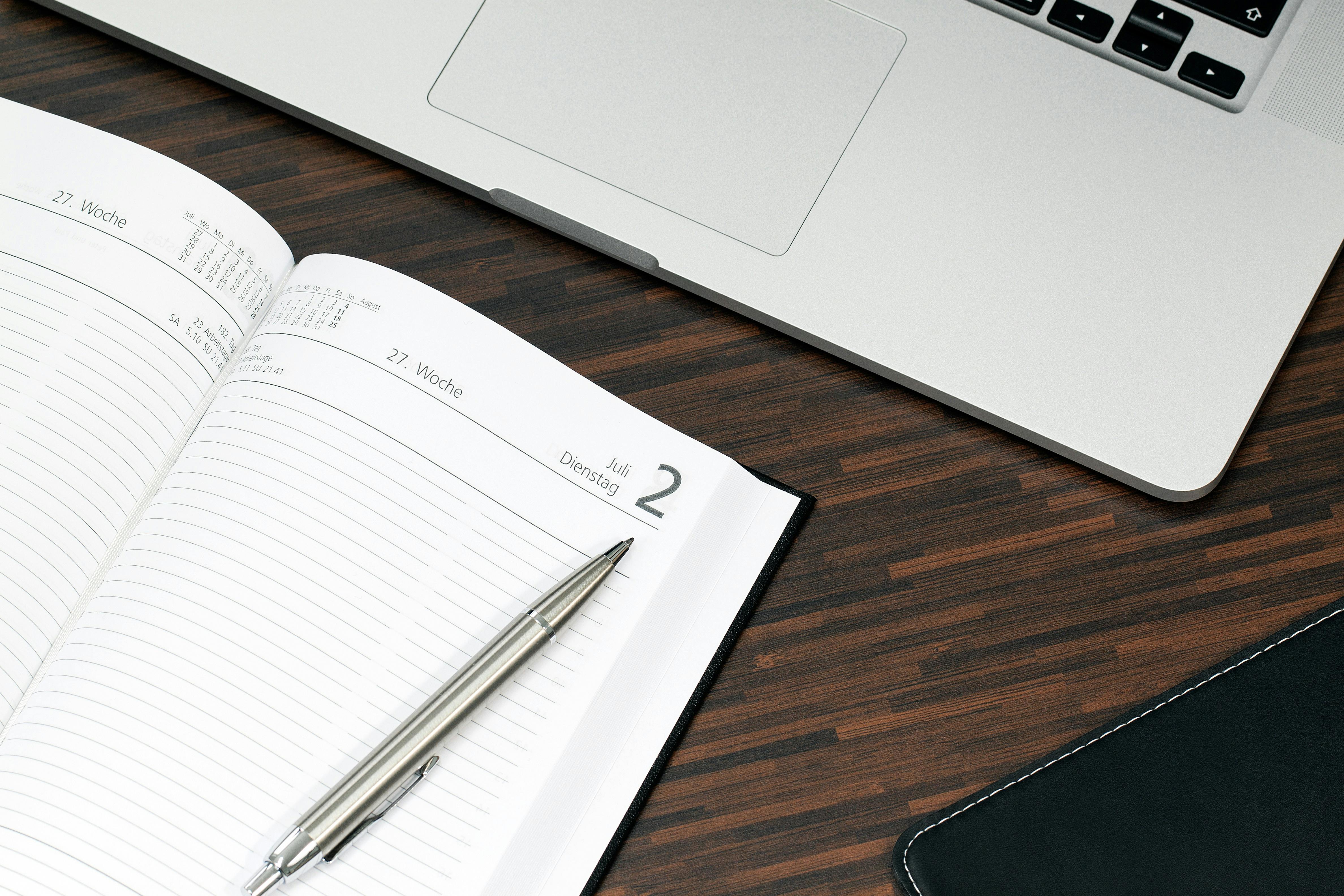
Essential Guide to Citing Interviews in 2025
Citing interviews accurately is crucial in academic writing, especially when interviews serve as sources for qualitative research. In 2025, the standards for documenting interviews have evolved, embedding new citation styles and practices. Ensuring the proper citation for interviews not only bolsters your academic integrity but also enhances the credibility of your work. This guide outlines the best five ways to cite interviews across various styles, focusing on APA, MLA, and Chicago formats.
Understanding interview citation methods will help you effectively document interviews within your research methodology, ensuring clarity and consistency in your writing. We'll dive into specifics, covering advice on formatting interview citations, citing personal interviews, using interview quotes, and addressing ethical considerations. By the end, you will have a thorough grasp of citing interviews in your academic work.
How to Cite an Interview in APA Style
When citing interviews using APA style, the format generally follows the structure for personal communications. The APA format mandates that unpublished interviews are cited within the text rather than in the reference list, as they do not provide recoverable data.
In-Text Citation of Interviews
For in-text citations, you should mention the interviewee's initials and surname, the phrase "personal communication," and the date of the interview. For example, (J. Smith, personal communication, March 3, 2025). This style emphasizes the informal nature of the communication.
Reference List Entries for Recorded Interviews
If you are citing a recorded interview that is publicly accessible, such as an online video or podcast, you should list it in the reference section. The proper APA citation includes the interviewee’s name, date of the interview, title of the interview (in italics), and the source.
For instance:
Smith, J. (2025, March 3). *Interview on qualitative research methods*. [Audio podcast]. Academic Research Journal.
Documenting Oral Interviews with Accuracy
When documenting oral interviews, it's vital to note the context and details surrounding the interview—date, location, and participants. This data helps establish the credibility and authenticity of your citations. Ensure accurate documentation to adhere to academic integrity and ethical considerations during your research.
Mastering MLA Interview Citation Techniques
MLA citation format presents its own challenges and guidelines for interviews. Citing interviews in MLA style is more structured for published materials, with clear guidelines for personal communications.
Citing Personal Interviews in MLA
For unpublished personal interviews in MLA, include the interviewee’s name, the type of interview, and the date. The in-text citation provides the last name of the interviewee without any additional formatting.
Example:
Smith, John. Interview. March 3, 2025.
Interview Citation Examples for Published Interviews
For interviews found in published sources, follow this format:
Interviewee’s Last Name, First Name. “Title of Interview.” *Title of Publication*, edited by Editor’s Name, Volume, Issue, Year, Page range.
Example:
Smith, John. “Researching Effective Methods.” *Journal of Qualitative Research*, vol. 12, no. 3, 2025, pp. 245-256.
Ethical Considerations in Citing Interviews
It's essential to respect the privacy of your interviewees. Always seek consent before quoting or citing interviews, especially if the content is sensitive or personal. This not only protects the participants but also aligns with ethical standards in research practices.
Utilizing Chicago Style for Interview Citations
The Chicago Manual of Style addresses interviews as primary sources, providing specific rules for both footnote and author-date citation systems.
Footnote Citation for Interviews in Chicago Style
For footnotes, you'll provide comprehensive details include the interviewee's name, the type of interview, and date.
Example:
1. John Smith, interview by author, March 3, 2025.
Creating Bibliography Entries for Recorded Interviews
If you're including a recorded interview in a bibliography, you can utilize this format:
Smith, John. “Title of Interview.” Interview by Author, Date, Medium.
Example:
Smith, John. “Modern Qualitative Methods.” Interview by Author, March 3, 2025, podcast.
Effective Citation Practices for Interviews
Familiarize yourself with the specific rules of Chicago style to maintain accuracy in citation. This ensures that your interviews are cited correctly within your research, lending credibility to your findings and maintaining academic standards.
Best Practices for Citing Interviews in Academic Writing
When you’re exploring various citation formats for interviews, it's crucial to adhere to best practices to create a cohesive and credible bibliography.
Understanding Citation Accuracy in Interviews
Accurate citations help authenticate the material used in your research, whether primary or secondary. When quoting interviews, ensure that the quotes reflect the study's purpose and underline the arguments made in your analysis.
Citing Non-Written Interviews Effectively
Non-written interviews, such as those conducted digitally or in-person, require careful documentation. Maintain details of the interaction to facilitate clear citations.
Research Ethics and Citations
Respecting the integrity of your sources plays a significant role in research ethics. Ensure that interviews are documented ethically, disclosing any conflicts and obtaining the proper permissions needed for citation.
Conclusion and Final Thoughts on Interview Citations
Mastering the nuances of interview citation can greatly enhance the quality of your academic writing. By adhering to specific styling guides like APA, MLA, or Chicago, and understanding ethical considerations, you can effectively integrate interviews as credible sources in your research. Ensuring the accuracy of citations will not only improve the clarity of your work but also uphold the ethical standards expected in academic circles.
As you prepare for your next research project, remember these guidelines to navigate the complexities of citing interviews effectively!


